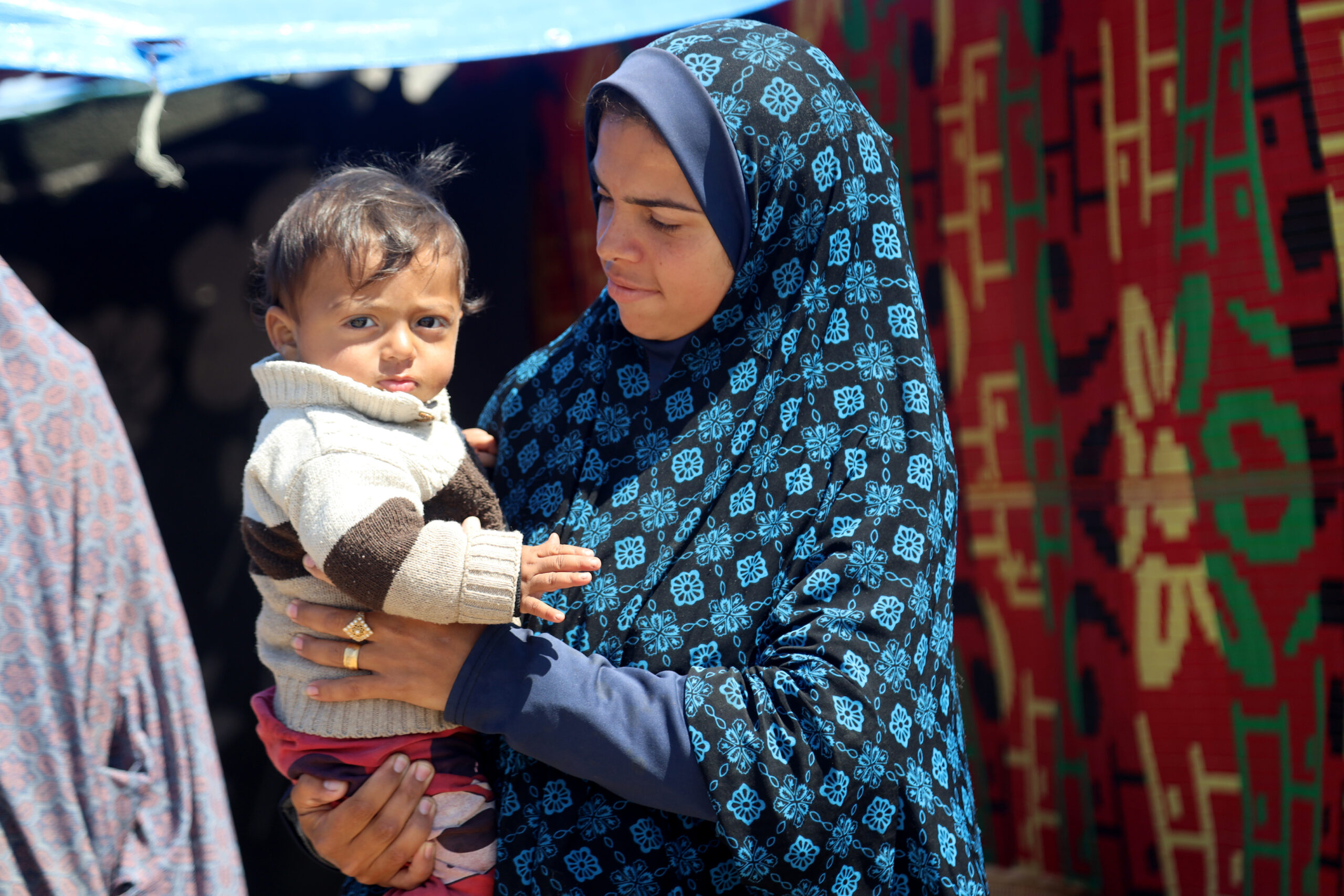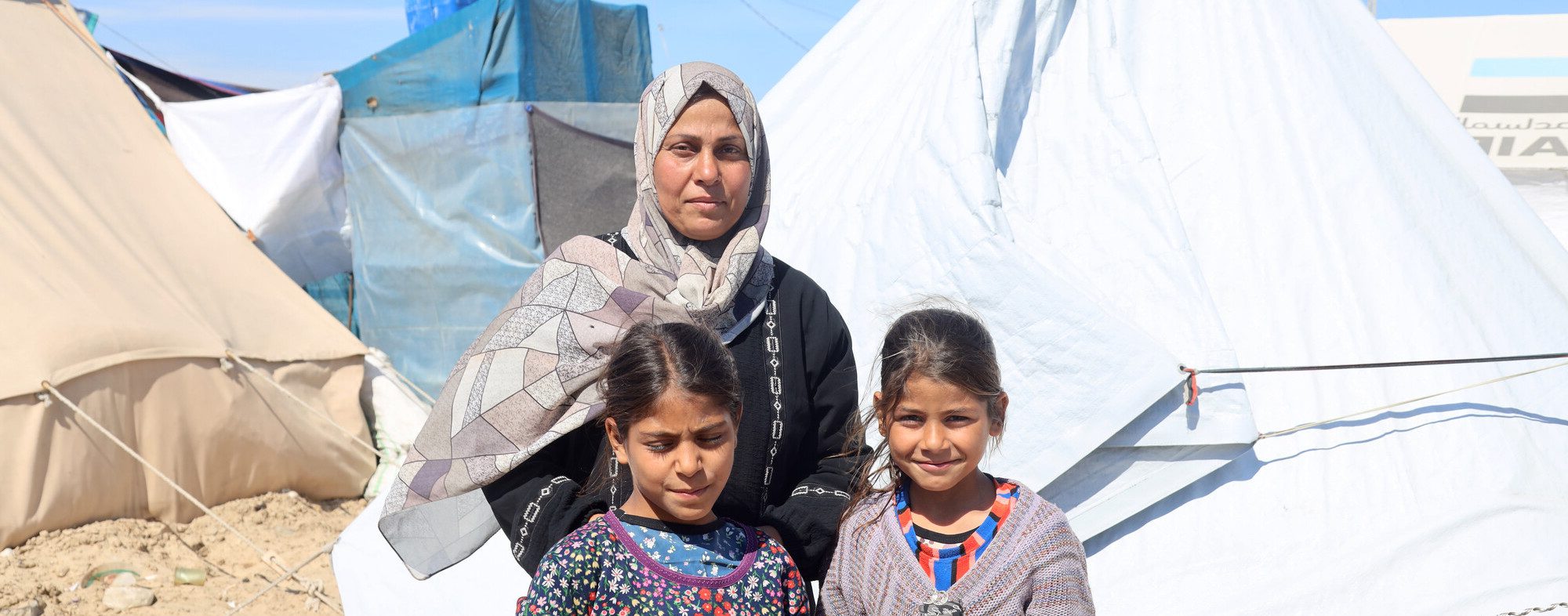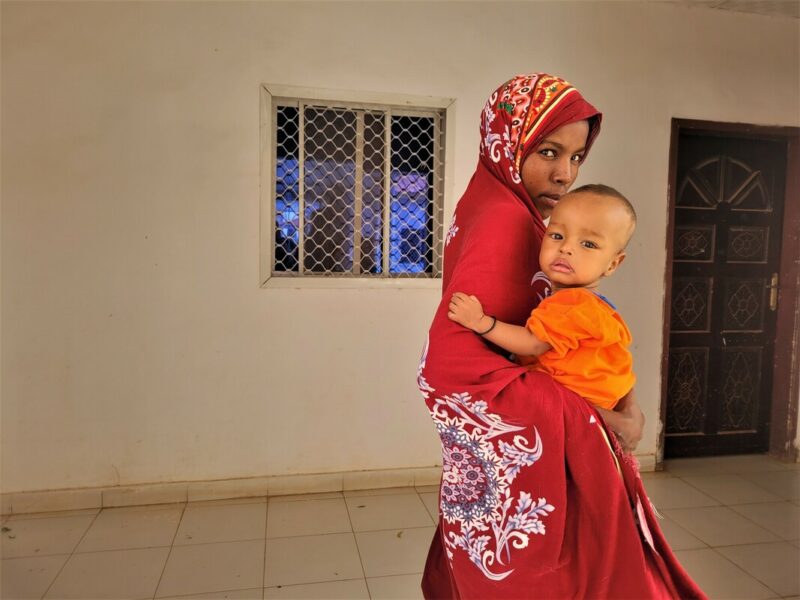The current escalation of violence only compounds the ongoing humanitarian crisis.
CARE has worked in Palestine and Israel since 1948 to provide humanitarian relief and promote values of social justice and gender equality.
Intensive bombardment has displaced over 2.2 million Palestinians in Gaza, most of whom are now forced to live in camps, with little to no access to medical care, water or food. At least 42,718 people have been killed and over 100,000 injured.
CARE is appalled by the recent horrific violence that has engulfed Israel and Gaza, leading to hundreds of civilians killed and thousands injured, with a toll that keeps mounting. Civilians always pay the highest price during conflict, with women, children, and the elderly the most vulnerable. Protecting civilians must now be the top priority for all parties involved.
CARE stands ready to respond to humanitarian needs and is currently preparing an urgent medical intervention, including in response to the specific needs of women and girls. Starvation is imminent. Disease is rife. Thousands of innocent lives including children are in immediate life threatening danger.
Donate to our Gaza Humanitarian Crisis Appeal

Humanitarian Situation Update
As of October 2024
Gaza
- There is no safe place in Gaza.
- Months of siege and massive bombardment have destroyed lives and livelihoods, leaving people without food, medicines, and other basic means of survival.
- With around nine out of ten people displaced from their homes at least once, there is no space in shelters. Tens of thousands of people are living in makeshift tents.
- Current levels of aid are not sufficient and urgently need to be massively scaled-up.
- The healthcare system is decimated, a public health disaster is unfolding, people face famine and starvation, with the highest levels of IPC 5 acute food insecurity ever recorded, and water and shelter are increasingly scarce.
- Only a lasting ceasefire in conjunction with sustained and scaled up humanitarian access to all of Gaza can reduce the risk of a famine occurring at scale.
West Bank
- A drastic escalation in Israel’s conduct of military operations in the West Bank puts the safety, security, and wellbeing of civilians at risk, and further contributes to tensions that are near boiling point.
- The situation in the West Bank has drastically deteriorated, with 2023 the deadliest year since OCHA began reporting casualties in 2005.
- More than 500 people have been killed by settlers or Israeli security forces since 7 October 2023.
- Women and girls face heightened risks and harms, particularly at checkpoints and due to settler violence, leading to restrictions on their freedom, education, and economic activity.
- Israel has approved the largest land grab in 30 years, annexing 2,000 hectares of Palestinian land, exacerbating tensions, and undermining efforts for a peaceful resolution.
Donate now
Support our ongoing work to create a more equal world.
Your donation can help end extreme poverty and give people the means to build a better future for themselves in places like the Palestinian Territories.
For those living in extreme poverty, your support brings education and training, healthcare and clean water, nutritious food, and new ways to earn an income. And in times of crisis, you help us deliver emergency relief. Please donate today.
Improving lives through agriculture
In the West Bank and Gaza, agriculture plays a vital role in people’s lives. We’re supporting poor households by training farmers in ways to improve farming practices, helping them to adopt new technologies and crop varieties so that food is available, year-round.
Our SOUQONA program, which in Arabic means ‘Our Market’, is helping local farmers by providing tools and knowledge so that they can produce food more efficiently and sell their produce for livable incomes. Efforts like these are also helping strengthen women’s roles in society, as we assist local women to grow their businesses in agriculture, providing them with training in farming best practices.

Lessons and Impact
We analyse and evaluate our projects to monitor results and learn how we can improve programs.
CARE evaluation reports from the Palestinian Territories and other countries are available at CARE’s Electronic Evaluation Library.
The on-going work we do in Palestine (West Bank/Gaza) is in partnership with these local organisations: Applied research Institute- Jerusalem ARIJ and International Center for Agricultural Research in the Dry Areas – ICARDA.


